
Milimani: The Jewel of Kisumu
Milimani, a serene and upscale neighborhood in Kisumu, Kenya, offers a unique blend of tranquility and vibrancy, making it a must-visit destination for tourists. Nestled on the shores of Lake Victoria, Milimani is known for its lush green landscapes, stunning lake views, and luxurious residences. The area is a sanctuary from the bustling city life, providing a peaceful retreat with an array of activities and attractions to explore. Begin your journey with a stroll through the neighborhood’s tree-lined streets, where you can admire some of the most beautiful homes in Kisumu. Many of these residences boast colonial architecture, reflecting the area's rich history. As you walk, you'll notice the calm and quiet atmosphere that sets Milimani apart from other parts of the city. Milimani is also home to several top-notch restaurants and cafes, offering a variety of local and international cuisines. Whether you're in the mood for fresh seafood, traditional Kenyan dishes, or a cup of coffee with a view, you'll find plenty of options to satisfy your palate. Additionally, the neighborhood's proximity to Lake Victoria means you can easily access water-based activities like boat rides and fishing. For culture enthusiasts, Milimani is not far from key historical sites and museums in Kisumu. The Kisumu Museum and the Impala Sanctuary are just a short drive away, offering insights into the region's cultural and natural heritage. End your day with a visit to Dunga Hill Camp, where you can enjoy live music and a breathtaking sunset over the lake. Milimani truly captures the essence of Kisumu, making it a perfect destination for a laid-back yet enriching travel experience.
Local tips in Milimani
- Best time to visit is early morning or late afternoon to enjoy the cool breeze and serene environment.
- Don't miss the sunset at Dunga Hill Camp for a picturesque end to your day.
- Try the local seafood at one of the many lakeside restaurants for an authentic culinary experience.
- Carry a camera; the colonial architecture and lake views offer great photo opportunities.
- Wear comfortable walking shoes as the best way to explore Milimani is on foot.
Milimani: The Jewel of Kisumu
Milimani, a serene and upscale neighborhood in Kisumu, Kenya, offers a unique blend of tranquility and vibrancy, making it a must-visit destination for tourists. Nestled on the shores of Lake Victoria, Milimani is known for its lush green landscapes, stunning lake views, and luxurious residences. The area is a sanctuary from the bustling city life, providing a peaceful retreat with an array of activities and attractions to explore. Begin your journey with a stroll through the neighborhood’s tree-lined streets, where you can admire some of the most beautiful homes in Kisumu. Many of these residences boast colonial architecture, reflecting the area's rich history. As you walk, you'll notice the calm and quiet atmosphere that sets Milimani apart from other parts of the city. Milimani is also home to several top-notch restaurants and cafes, offering a variety of local and international cuisines. Whether you're in the mood for fresh seafood, traditional Kenyan dishes, or a cup of coffee with a view, you'll find plenty of options to satisfy your palate. Additionally, the neighborhood's proximity to Lake Victoria means you can easily access water-based activities like boat rides and fishing. For culture enthusiasts, Milimani is not far from key historical sites and museums in Kisumu. The Kisumu Museum and the Impala Sanctuary are just a short drive away, offering insights into the region's cultural and natural heritage. End your day with a visit to Dunga Hill Camp, where you can enjoy live music and a breathtaking sunset over the lake. Milimani truly captures the essence of Kisumu, making it a perfect destination for a laid-back yet enriching travel experience.
Iconic landmarks you can’t miss
Kenya Wildlife Impala Park
Explore the captivating beauty and diverse wildlife of Kenya Wildlife Impala Park, a premier destination for nature lovers and adventure seekers.
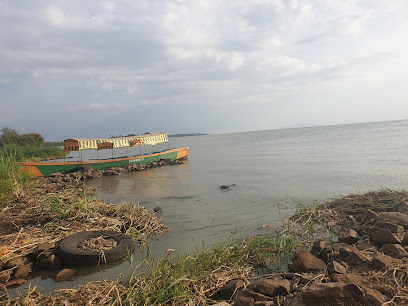
Kisumu Museum
Discover the cultural heritage of Kenya at Kisumu Museum, a treasure trove of history, artifacts, and local traditions in Kisumu.
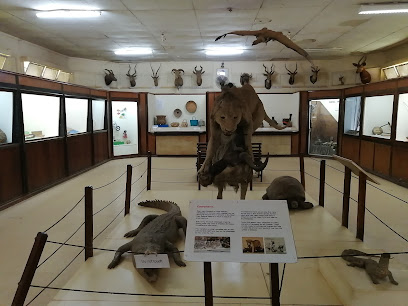
Hippo Point
Explore Hippo Point in Kisumu, Kenya, where adventure meets breathtaking natural beauty with unforgettable boat tours and stunning wildlife encounters.
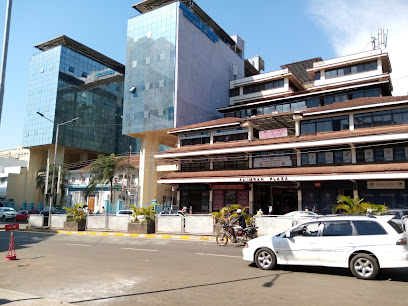
KWS-Kisumu Impala Sanctuary
Explore Kisumu Impala Sanctuary, a stunning wildlife park in Kenya, home to diverse species and breathtaking views of Lake Victoria.
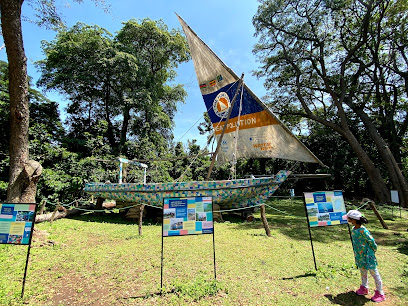
Freedom Park
Discover the tranquil retreat of Freedom Park in Kisumu, where nature, culture, and community come together for an unforgettable experience.
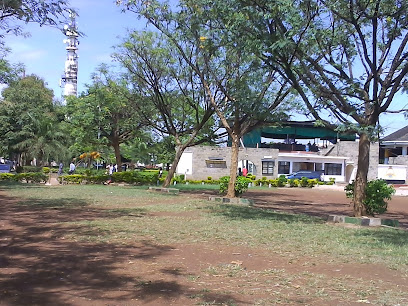
Annodas Homes Milimani
Discover the charm and comfort of Annodas Homes Milimani in Kisumu, your perfect home away from home while exploring Kenya's vibrant lakeside city.
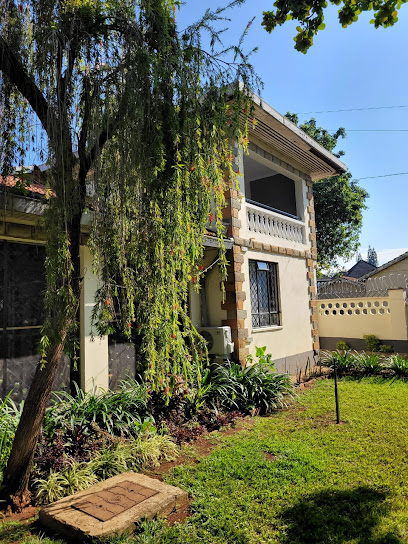
Jamhuri Victoria Park
Explore Jamhuri Victoria Park in Kisumu for a tranquil escape with lush landscapes, perfect for relaxation, picnics, and a taste of local culture.
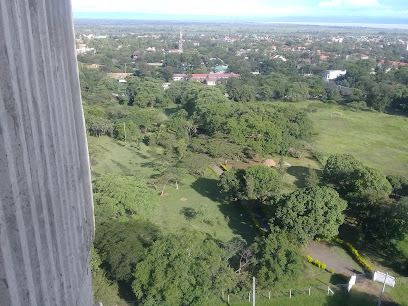
Oile Park Kisumu
Experience the lush greenery and vibrant atmosphere of Oile Park in Kisumu, a perfect urban oasis for relaxation and outdoor activities.
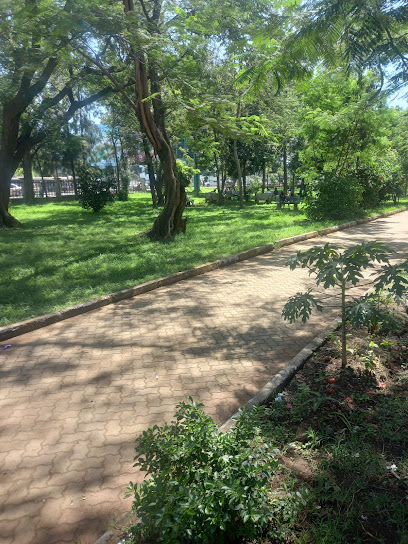
Dunga Beach
Discover the tranquil beauty of Dunga Beach on Lake Victoria, where stunning landscapes and local culture come together for an unforgettable experience.
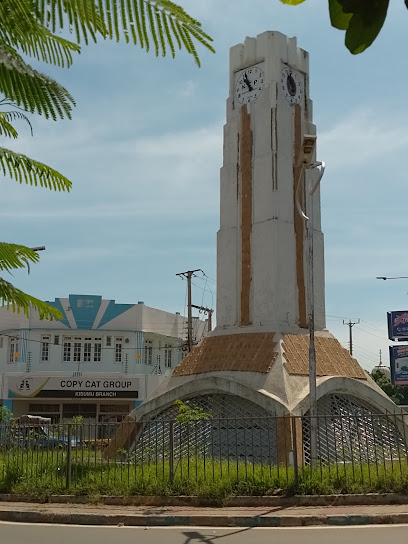
Standard Gardens
Experience the tranquil charm of Standard Gardens in Kisumu, a serene escape perfect for nature lovers and those seeking peace.
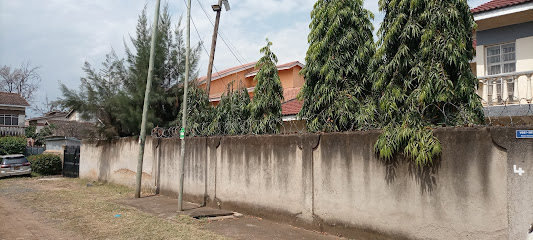
MILIMANI DRIVE LIVING
Discover the perfect blend of comfort and convenience at Milimani Drive Living in Kisumu, offering furnished apartments near local attractions.
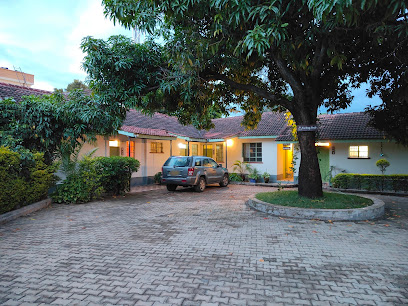
Kisumu State House
Explore the grandeur of Kisumu State House, a historic museum showcasing Kenya's political legacy amidst beautiful gardens and colonial architecture.
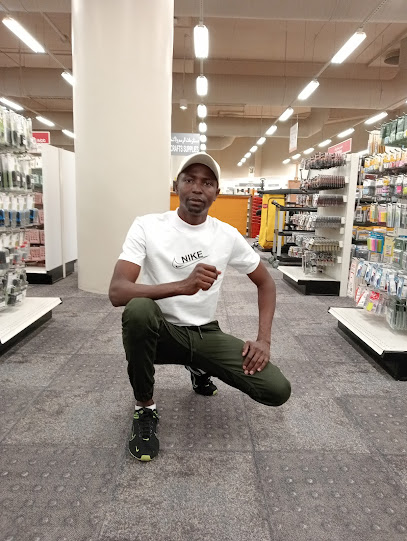
Essential places to dine
KALONGO-LONGO RESTAURANT & ACCOMMODATION
Experience the vibrant flavors of Kisumu at Kalongo-Longo Restaurant & Accommodation – where culinary excellence meets warm hospitality.
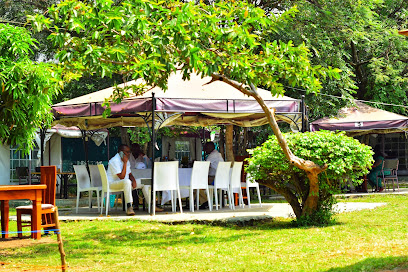
El Paso Bar& Restaurant
Savor the flavors of Kenya at El Paso Bar & Restaurant in Kisumu – where local ingredients meet culinary creativity.
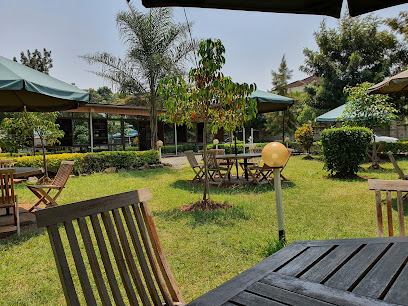
Torchys Annex Kisumu
Discover the flavors of Kenya at Torchys Annex Kisumu - where local cuisine meets international flair in a vibrant setting.
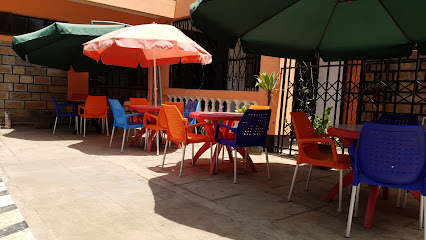
Police Mess Bar & Restaurant
Experience authentic Kenyan cuisine and vibrant nightlife at Police Mess Bar & Restaurant in Kisumu - a true culinary gem!
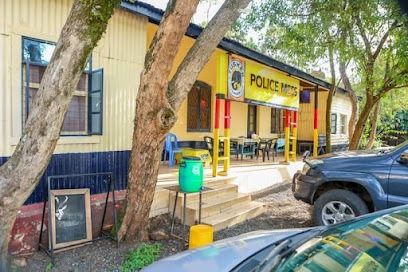
Bilie Restaurant
Discover Bilie Restaurant in Kisumu - where local flavors meet modern culinary artistry in a vibrant atmosphere.
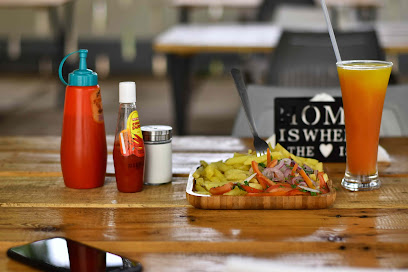
Cucina Bistro
Discover authentic Italian cuisine at Cucina Bistro in Kisumu - where delightful pizzas meet warm hospitality.
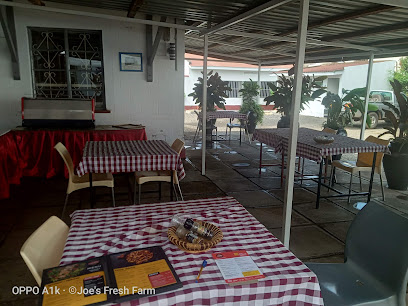
Ujima Food Garden
Savor authentic Kenyan cuisine at Ujima Food Garden in Kisumu—where every meal tells a story.
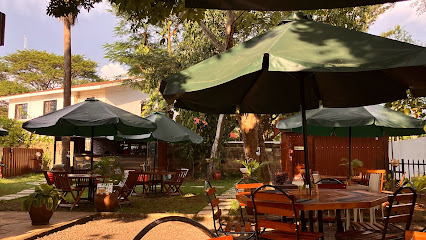
TORCHYS BAR AND RESTAURANT
Experience delightful family dining at Torchys Bar and Restaurant in Kisumu with a diverse menu perfect for all ages.
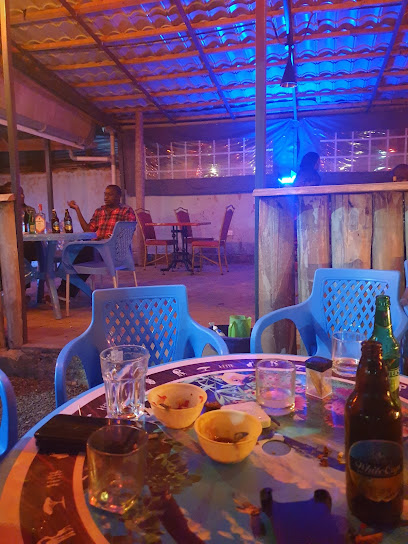
Open House Restaurant
Discover the authentic taste of Kenya at Open House Restaurant in Kisumu—where local flavors meet global cuisine.
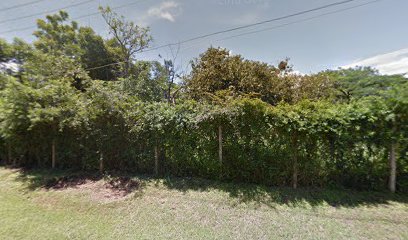
Irish Bar & Restaurant
Discover the fusion of Kenyan flavors and Irish tradition at Kisumu's beloved Irish Bar & Restaurant.
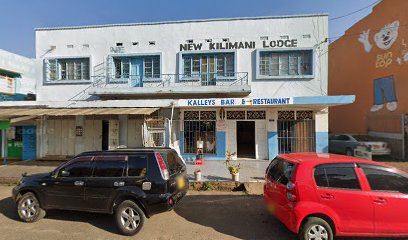
Markets, malls and hidden boutiques
Milimani Shopping Centre
Experience the vibrancy of Milimani Shopping Centre, a must-visit shopping destination in Kisumu that blends culture, cuisine, and entertainment.
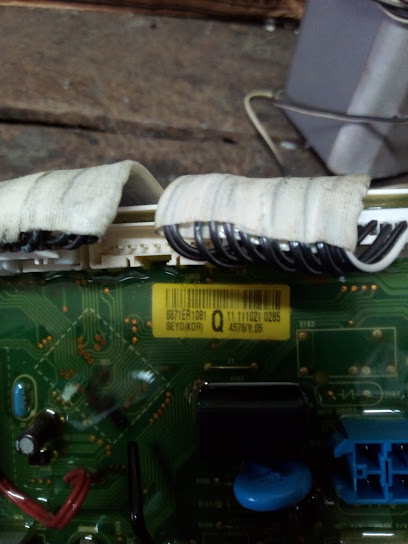
Mini Mall
Explore the vibrant Mini Mall in Kisumu, where local culture meets contemporary fashion in a unique shopping experience.

Becky Pwani Boutique
Discover the perfect blend of traditional and contemporary fashion at Becky Pwani Boutique in Kisumu, Kenya.
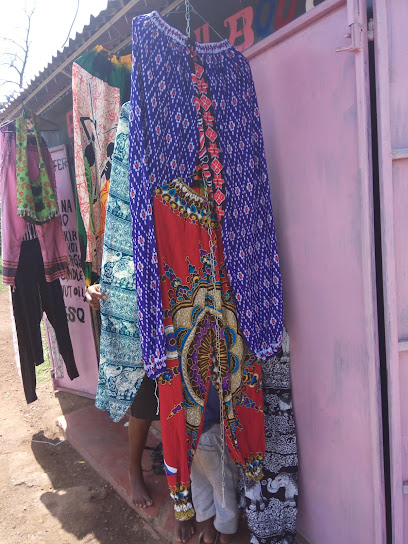
Excellent Boutique
Explore Excellent Boutique in Kisumu for unique local crafts, stylish fashion, and a true taste of Kenyan artistry.
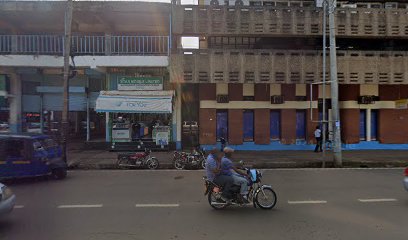
Usha Merchandise
Discover a delightful variety of local goods at Usha Merchandise, Kisumu’s premier general store for tourists seeking an authentic shopping experience.
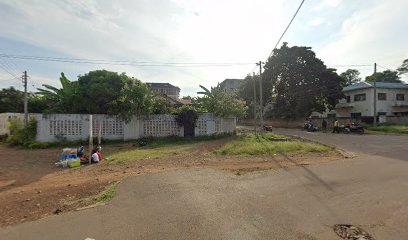
M&J Fancy Boutique
Discover the essence of Kisumu fashion at M&J Fancy Boutique, where style meets local culture in a vibrant shopping experience.
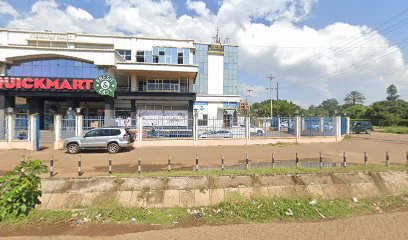
Okongo’s Shop
Discover authentic Kenyan goods and local craftsmanship at Okongo's Shop, a vibrant general store in the heart of Kisumu.
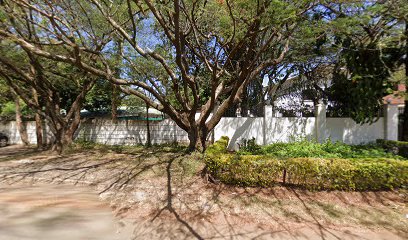
Emwatsi market
Discover the vibrant Emwatsi Market in Kisumu, a clothing store where fashion meets local culture, offering unique attire and a lively shopping experience.

Bongu Feeding Point
Discover the wonders of nature at Bongu Feeding Point in Kisumu, where vibrant birdlife and serene surroundings await.

Safaa Collection
Explore the vibrant styles of Safaa Collection in Kisumu, where local fashion meets modern trends for an unforgettable shopping experience.
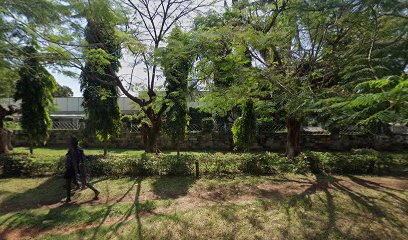
Essential bars & hidden hideouts
Police Mess Bar & Restaurant
Discover the vibrant flavors of Kisumu at Police Mess Bar & Restaurant, where local cuisine meets a lively atmosphere.
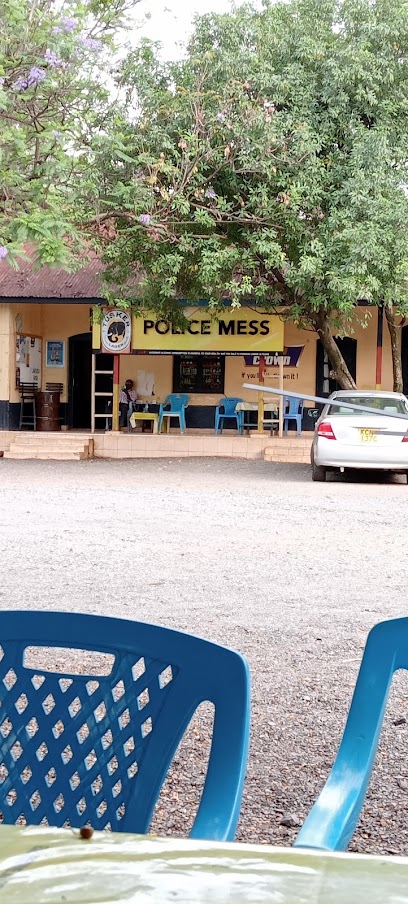
Bilie Restaurant
Experience the vibrant flavors of Kisumu at Bilie Restaurant, where culinary excellence meets a lively atmosphere.
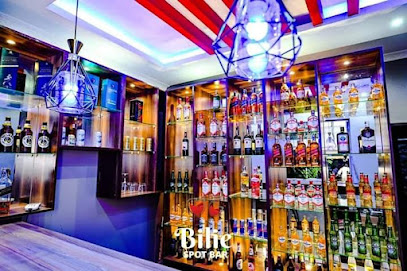
Simba Bar
Discover the lively nightlife of Kisumu at Simba Bar, where refreshing drinks, vibrant music, and a friendly atmosphere await.
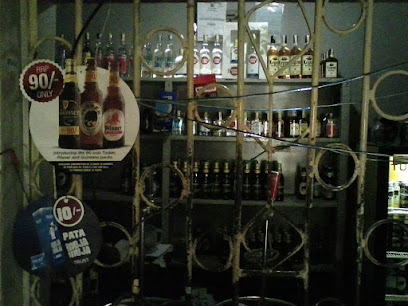
Al-dhahabi Lounge
Experience the vibrant nightlife of Kisumu at Al-dhahabi Lounge, where local flavors and a lively atmosphere come together for an unforgettable evening.
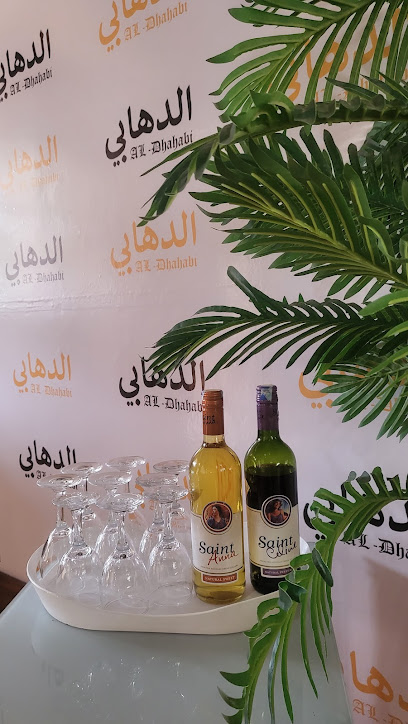
Torchys Lounge
Experience the vibrant nightlife of Kisumu at Torchys Lounge, the perfect spot for drinks, live music, and unforgettable memories.
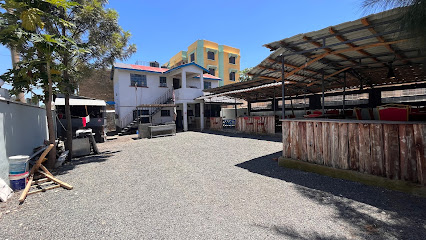
POLICE CANTEEN
Experience the vibrant local culture at Police Canteen, a unique bar in Kisumu offering a laid-back atmosphere and a selection of refreshing drinks.
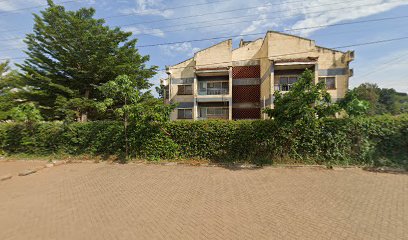
T-rex Sports Bar And Grill
Experience the excitement of sports and delicious local cuisine at T-rex Sports Bar And Grill in Kisumu, where every game is a celebration.
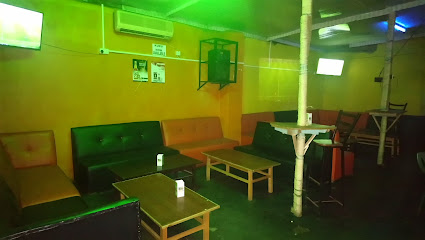
Irish Bar & Restaurant
Discover the perfect fusion of Irish cuisine and Kenyan hospitality at Kisumu's favorite bar and restaurant, a must-visit for every traveler.
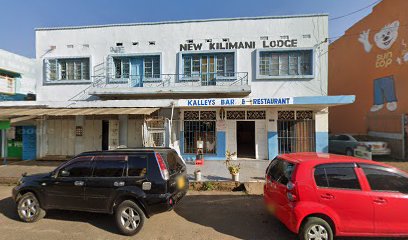
HAVENS SPORTS GARDEN
Experience the vibrant nightlife at Havens Sports Garden in Kisumu, where great drinks and live sports unite in a lively atmosphere.

Nameless Pub
Experience the vibrant local culture at Nameless Pub, a cozy bar in Kisumu's Kiboswa Market, perfect for unwinding and socializing.
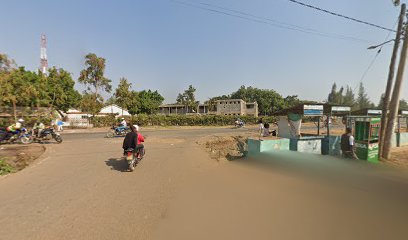
Local Phrases
-
- HelloJambo
[jahm-boh] - GoodbyeKwaheri
[kwah-heh-ree] - YesNdio
[nn-dee-oh] - NoHapana
[hah-pah-nah] - Please/You're welcomeTafadhali
[tah-fah-dha-lee] - Thank youAsante
[ah-sahn-teh] - Excuse me/SorrySamahani
[sah-mah-hah-nee] - How are you?U hali gani?
[oo hah-lee gah-nee] - Fine. And you?Salama. Na wewe?
[sah-lah-mah. nah weh-weh] - Do you speak English?Unazungumza Kiingereza?
[oo-nah-zoon-goom-zah keen-geh-reh-zah] - I don't understandSielewi
[see-eh-leh-wee]
- HelloJambo
-
- I'd like to see the menu, pleaseNingependa kuona menyu, tafadhali
[nee-ngeh-pehn-dah kwoh-nah meh-nyoo, tah-fah-dha-lee] - I don't eat meatSili nyama
[see-lee nyah-mah] - Cheers!Afya!
[ah-fyah] - I would like to pay, pleaseNingependa kulipa, tafadhali
[nee-ngeh-pehn-dah koo-lee-pah, tah-fah-dha-lee]
- I'd like to see the menu, pleaseNingependa kuona menyu, tafadhali
-
- Help!Msaada!
[mm-sah-ah-dah] - Go away!Nenda zako!
[nen-dah zah-koh] - Call the Police!Piga polisi!
[pee-gah poh-lee-see] - Call a doctor!Piga daktari!
[pee-gah dahk-tah-ree] - I'm lostNimepotea
[nee-meh-poh-teh-ah] - I'm illNinaumwa
[nee-nah-oom-wah]
- Help!Msaada!
-
- I'd like to buy...Ningependa kununua...
[nee-ngeh-pehn-dah koo-noo-noo-ah] - I'm just lookingNatazama tu
[nah-tah-zah-mah too] - How much is it?Bei ni kiasi gani?
[beh-ee nee kyah-see gah-nee] - That's too expensiveHii ni ghali sana
[hee nee ghah-lee sah-nah] - Can you lower the price?Unaweza kupunguza bei?
[oo-nah-weh-zah koo-poon-goo-zah beh-ee]
- I'd like to buy...Ningependa kununua...
-
- What time is it?Ni saa ngapi?
[nee sah-ah ngah-pee] - It's one o'clockSaa moja
[sah-ah moh-jah] - Half past (10)Nusu saa (kumi)
[noo-soo sah-ah (koo-mee)] - MorningAsubuhi
[ah-soo-boo-hee] - AfternoonMchana
[m-chah-nah] - EveningJioni
[joh-nee] - YesterdayJana
[jah-nah] - TodayLeo
[leh-oh] - TomorrowKesho
[keh-shoh] - 1Moja
[moh-jah] - 2Mbili
[m-bee-lee] - 3Tatu
[tah-too] - 4Nne
[nn-neh] - 5Tano
[tah-noh] - 6Sita
[see-tah] - 7Saba
[sah-bah] - 8Nane
[nah-neh] - 9Tisa
[tee-sah] - 10Kumi
[koo-mee]
- What time is it?Ni saa ngapi?
-
- Where's a/the...?Iko wapi...?
[ee-koh wah-pee] - What's the address?Anwani ni gani?
[ahn-wah-nee nee gah-nee] - Can you show me (on the map)?Unaweza kunionyesha (kwenye ramani)?
[oo-nah-weh-zah koo-nee-oh-nyeh-shah (kweh-neh rah-mah-nee)] - When's the next (bus)?Basi lijalo ni saa ngapi?
[bah-see lee-jah-loh nee sah-ah ngah-pee] - A ticket (to ....)Tiketi (kwenda ....)
[tee-keh-tee (kwehn-dah)]
- Where's a/the...?Iko wapi...?
History of Milimani
-
Milimani emerged as a residential area during the colonial period, particularly in the early 20th century. As Kisumu developed as a port town on the shores of Lake Victoria, Milimani attracted European settlers and officials who sought a more spacious and serene environment away from the bustling center of Kisumu. The architecture from this period reflects colonial influences, with many homes featuring large gardens and wide verandas.
-
After Kenya gained independence in 1963, Milimani continued to grow as an affluent neighborhood. The area became home to many government officials and professionals, fostering a diverse community. During this time, significant infrastructure developments took place, including the establishment of schools, health facilities, and recreational areas, contributing to Milimani's reputation as one of Kisumu's most desirable residential areas.
-
Milimani is known for its rich cultural diversity, reflecting the broader multicultural fabric of Kisumu. The area is home to various ethnic groups, including the Luo, Luhya, and Kikuyu, among others. This diversity is celebrated through festivals, local cuisine, and community events, fostering a sense of unity and shared heritage among the residents.
-
Being close to Lake Victoria, Milimani has historically benefited from the lake's resources. Fishing and trade have been integral to the local economy, influencing the lifestyle and culture of the community. The lake has also been a source of inspiration for local artists and musicians, contributing to the vibrant cultural scene in Milimani and Kisumu as a whole.
-
In recent years, Milimani has experienced urbanization and modernization, with new real estate developments and commercial establishments. This growth has attracted a younger population and has contributed to the changing dynamics of the neighborhood. However, efforts have been made to preserve the historical and cultural significance of the area amid these changes, ensuring that Milimani retains its unique identity within Kisumu.
Milimani Essentials
-
Milimani is conveniently located in Kisumu and is easily accessible from other neighbourhoods. From the Kisumu International Airport, you can take a taxi or ride-sharing services like Uber, which typically takes about 30 minutes. If you are coming from the city center, public transport options like matatus (shared minibuses) and tuk-tuks are available and cost-effective. Just ask for a ride to 'Milimani' as most drivers are familiar with the area.
-
Milimani is relatively small, making it easy to explore on foot. For longer distances, consider using local taxis or ride-sharing services that are readily available. Bicycles can also be rented from various outlets, offering a fun and eco-friendly way to navigate the neighbourhood. However, public buses are less frequent in Milimani, so relying on taxis or walking is advisable.
-
Milimani is generally a safe area for tourists, but like any urban setting, caution is advisable. Avoid walking alone at night, especially near the Kisumu Railway Station or isolated areas. Keep your belongings secure and be wary of pickpockets in crowded locations. While violent crimes are rare, petty theft can occur, so stay vigilant.
-
In case of an emergency, dial 999 or 112 for police and ambulance services. The nearest hospitals are Jaramogi Oginga Odinga Teaching and Referral Hospital and Milimani Hospital. It's advisable to have travel insurance that covers medical emergencies. For minor health issues, local pharmacies can provide over-the-counter medications.
-
Fashion: Do dress modestly, particularly in places of worship. Don't wear overly revealing clothing. Religion: Do respect local customs and be mindful of religious practices. Public Transport: Do offer your seat to the elderly or pregnant women. Don't eat or drink on public transport. Greetings: Do greet locals with a warm smile and handshake. Eating & Drinking: Do try local dishes, such as tilapia and ugali. Don't refuse food offered to you, as it's seen as disrespectful.
-
To experience Milimani like a local, visit the local markets for fresh produce and artisanal goods. Engage in conversations with residents, as they are often welcoming and can provide insights into the area’s culture and history. Don't miss the opportunity to visit local eateries, where you can enjoy authentic Kisumu cuisine. Attend local events or festivals if your visit coincides with them, as they provide a rich cultural experience.
Nearby Cities to Milimani
-
Things To Do in Eldoret
-
Things To Do in Kitale
-
Things To Do in Mbale
-
Things To Do in Nakuru
-
Things To Do in Jinja
-
Things To Do in Naivasha
-
Things To Do in Kampala
-
Things To Do in Entebbe
-
Things To Do in Nairobi
-
Things To Do in Masaka
-
Things To Do in Lira
-
Things To Do in Mwanza
-
Things To Do in Bukoba
-
Things To Do in Gulu
-
Things To Do in Arusha












